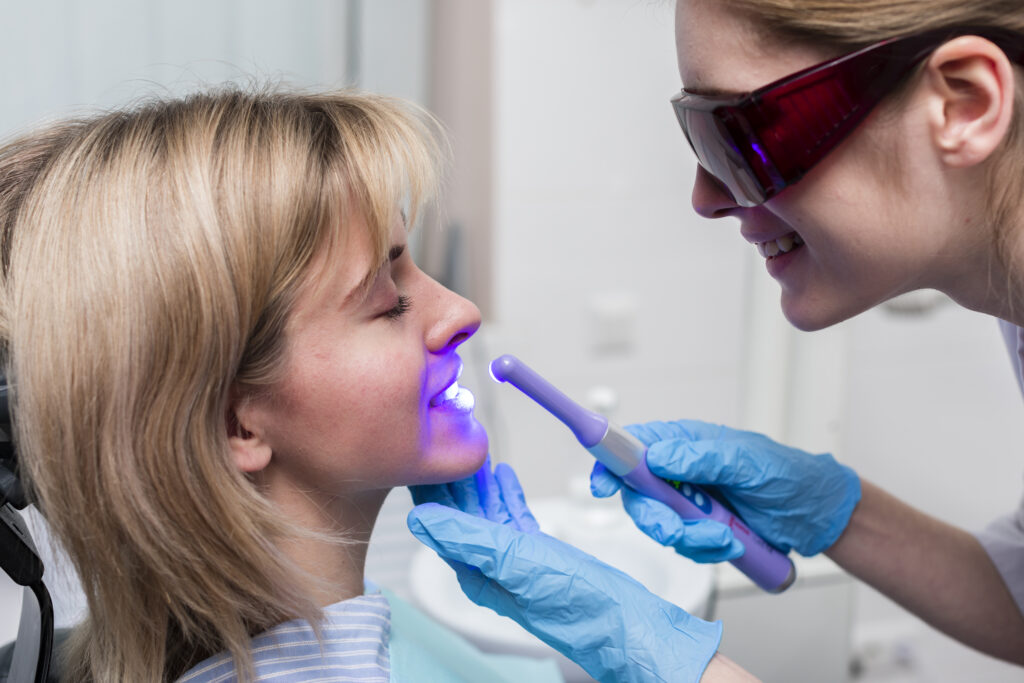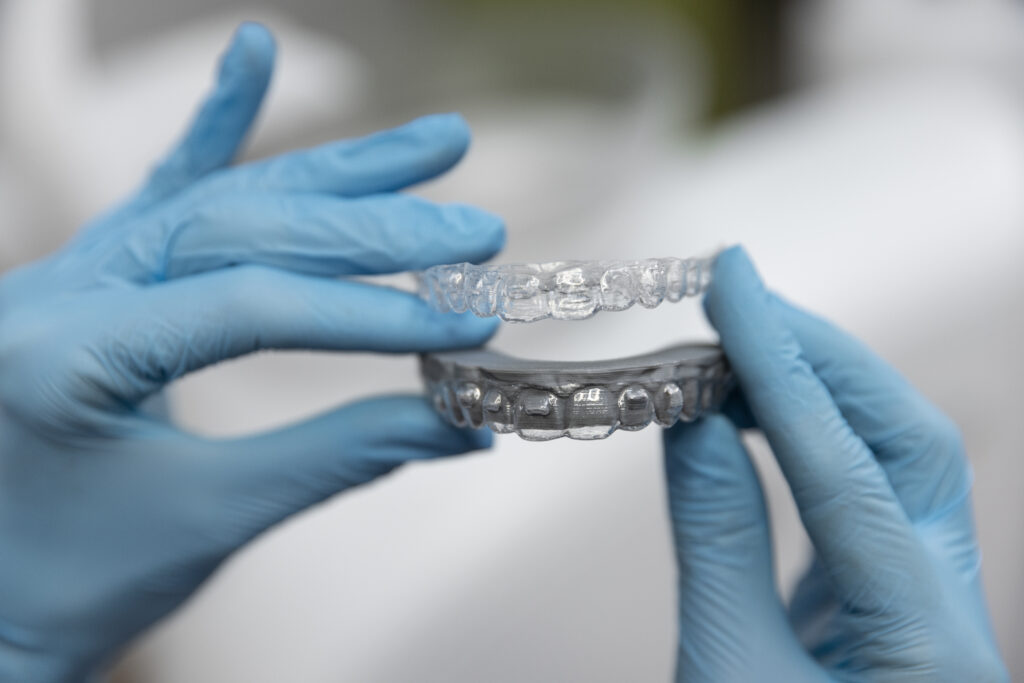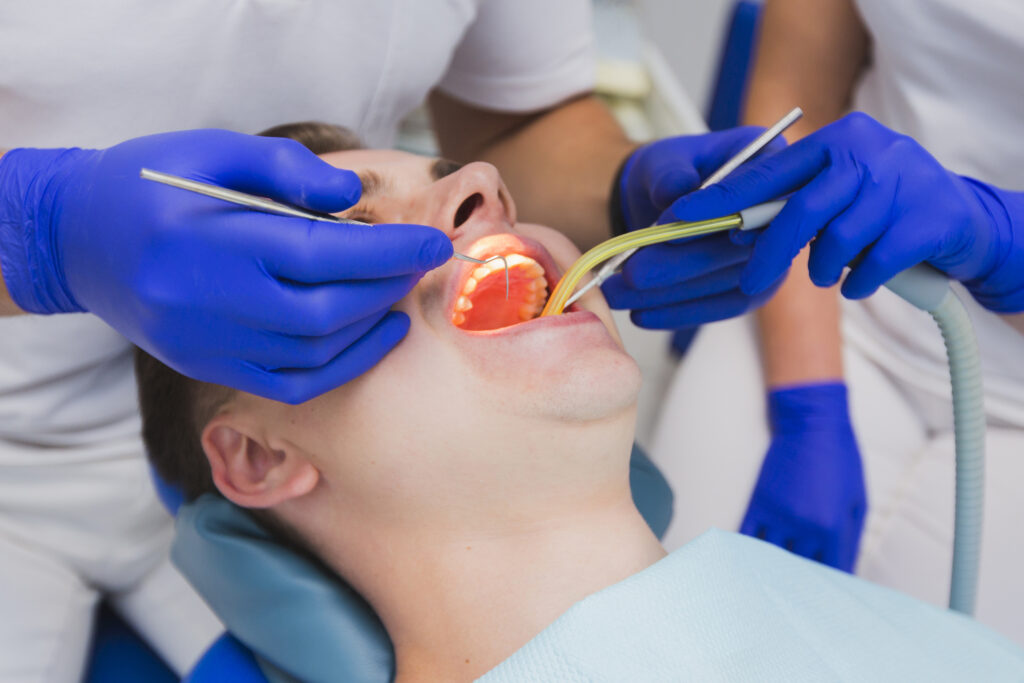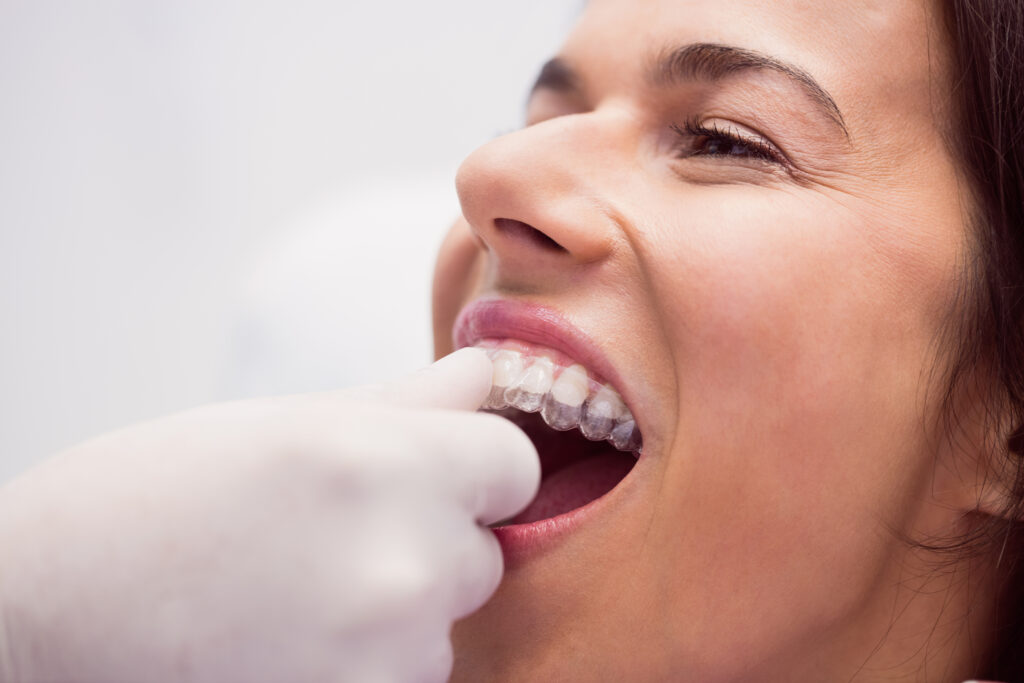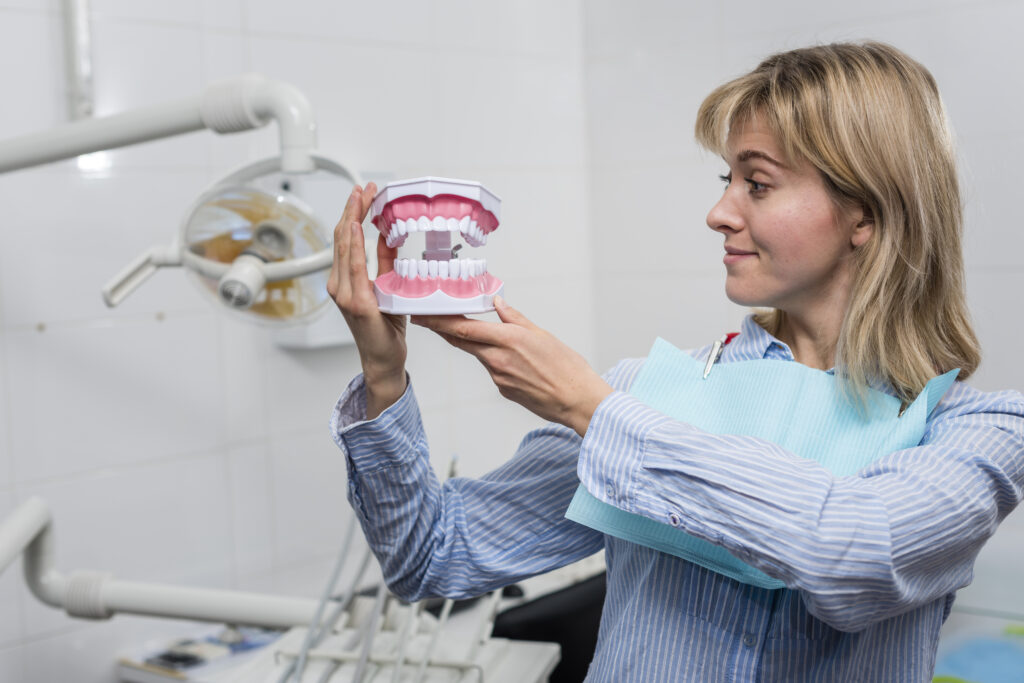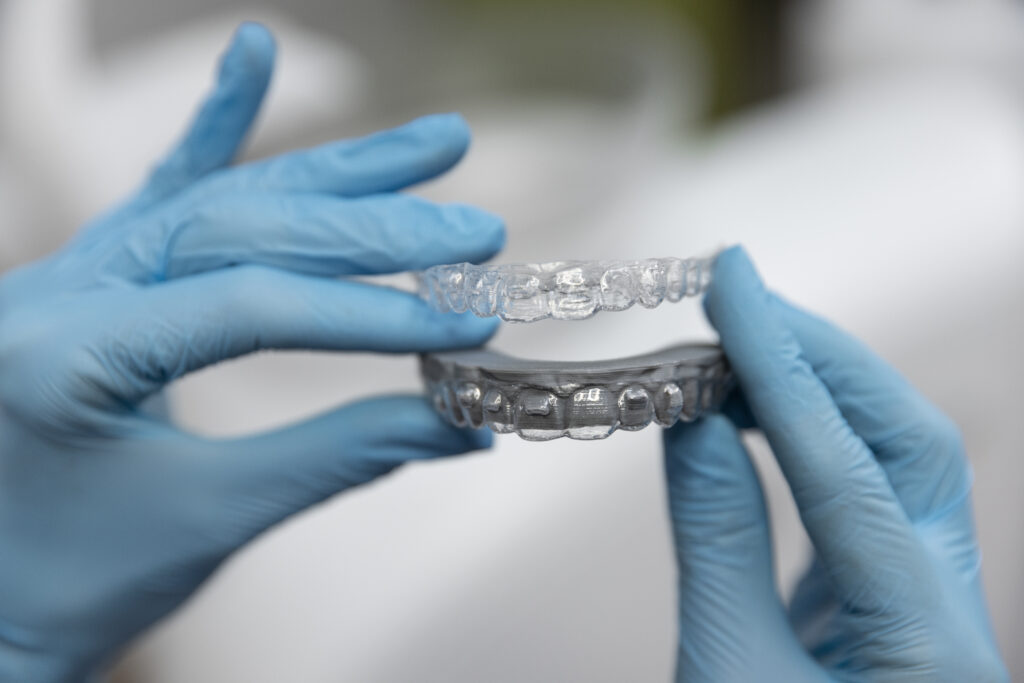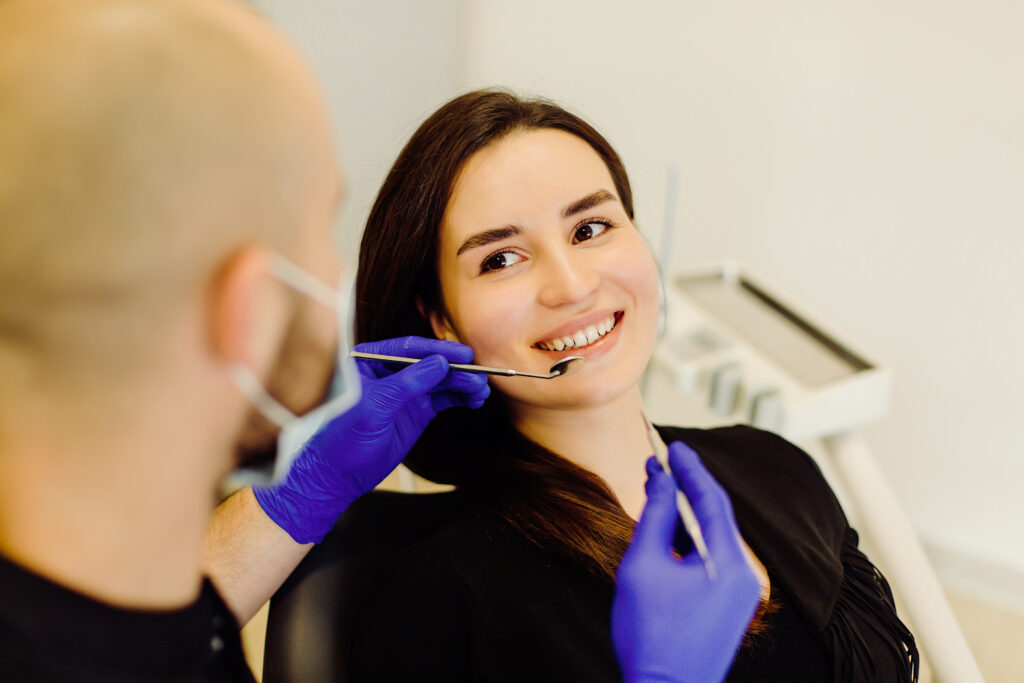Smile-Ready for Ventura Events: How to Prep for Weddings, Reunions & Holidays
Key Takeaways You might be wondering: How do I make my smile event ready in a hurry? The answer is simple: a professional teeth whitening treatment, combined with good oral habits, can refresh your smile in time for any special occasion. In a wedding, high school reunion or holiday party, your teeth will be gleaming, healthy and presentable with the proper strategy. Family gatherings, celebrations and local events are a way of life in Ventura and in this place one should have a confident smile. At Clove Dental, we help people get their teeth whiter for special occasions. Our treatments are safe and last a long time. Why Professional Teeth Whitening Works Best? Over-the-counter (OTC) whitening products can help improve your teeth’s whiteness, but they aren’t as strong or effective as professional treatments. A dentist-led teeth whitening procedure works on deep stains from coffee, wine, or certain foods, providing quicker and more noticeable results. Professional whitening also provides even appearance, which prevents enamel sensitivity or uneven outcomes. This accuracy is very important to every person who plans to attend Ventura weddings or reunions in terms of photos and personal contacts. Timing Your Treatment for Events Planning ahead is essential. Most professional teeth whitening treatments require a few sessions for maximum brightness, and results improve with a short follow-up period. When you schedule your treatment at least two or four weeks prior to an event, your teeth have time to be in a natural vibrant shade. It is also a good time to see your dentist and modify the treatment as needed and give you post-whitening care tips to keep your celebrations going. Everyday Routines to Keep a Smile on Your Face Simple daily practices are what are necessary to keep results after a professional whitening: These habits enhance the longevity of your teeth whitening treatment and keep your smile radiant for weeks after the procedure. Lifestyle Change in Pre-event Smiles Some foods and beverages are also infamous in leaving stains. Coffee, tea, red wine and dark sauces as well as berries can spoil your brighter smile. Limiting intake before major events helps preserve the effects of your teeth whitening treatment. Furthermore, drinking water and crunching hard fruits and vegetables such as apples or carrots makes the saliva flow and it is the natural way to clean the teeth and eliminate the outer stains. The best tips to put your smile on top of any affair in Ventura is a combination of savvy lifestyle and professional whitening. Together Whitening + Other Cosmetic Touch-ups If you want a complete smile refresh, consider pairing your teeth whitening treatment with other cosmetic dental services. Small cosmetic adjustments such as polishing, shaping or cosmetic bonding improve appearance. At Clove Dental, we consider your smile to be a complete one. Through whitening and other cosmetic enhancement, we make sure that your teeth are natural and look in harmony and remain picture-perfect in weddings, reunions, and holiday photos. Confidence Beyond the Whitening Chair A broad smile does not just look good, but it builds confidence. Photos, networking and socializing are common in Ventura events and a radiant smile will surely create an impact. Professional teeth whitening treatment provides both aesthetic results and self-assurance, letting you enjoy celebrations without worrying about stained or dull teeth. We advise the patients to consider whitening as one of the components of an overall dental care plan. When you consistently have a bright smile, good teeth and gum are better to improve the health of your mouth and give long term confidence. The Clove Dental Difference In Clove Dental, we specialize in the safe, effective and personalized whitening procedures. All patients are consulted to determine the presence of teeth sensitivity, the presence of dental work, and lifestyle choices. By tailoring your teeth whitening treatment, we deliver natural, even results while protecting enamel and gums. Our team shares easy tips for keeping your smile bright and healthy after your event. Conclusion Ventura events are an occasion to have fun and reminisce. A professional teeth whitening treatment, combined with good oral habits and smart lifestyle choices, ensures your smile is radiant, healthy, and camera-ready. Collaboration with Clove Dental will ensure that your teeth are maintained by professionals who consider both outcomes and oral health in the long term perspective. It is a wedding, a reunion, a holiday party, and all the time you are sure you will be shining with confidence and a smile on your face.

